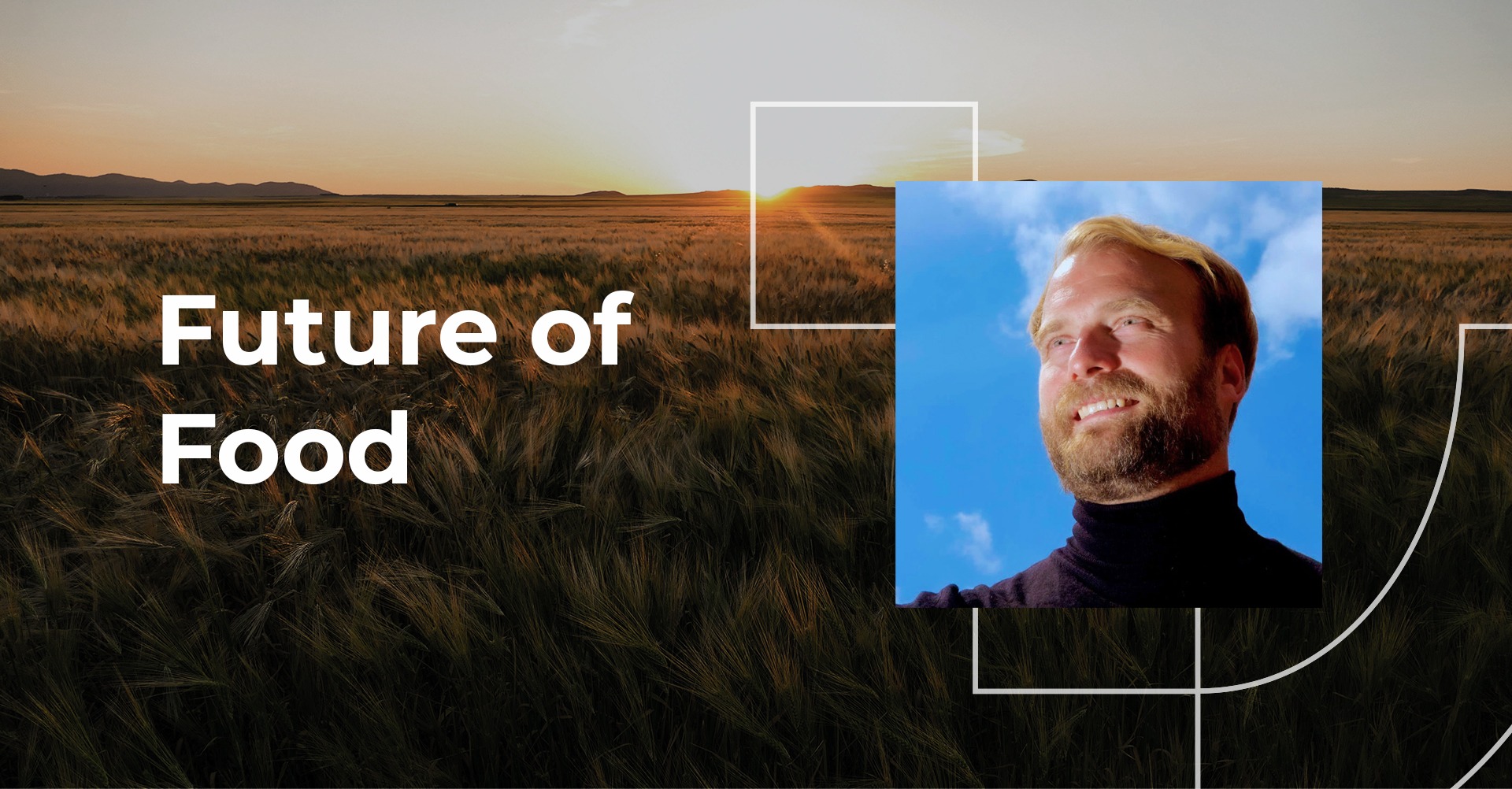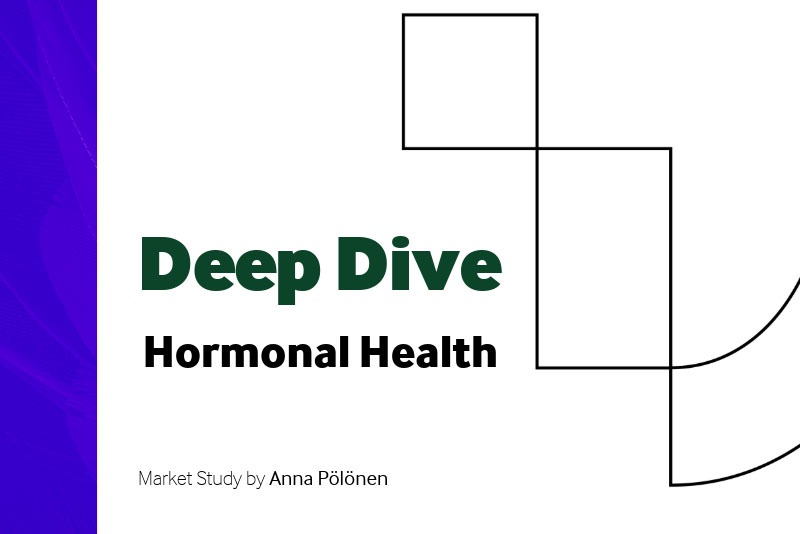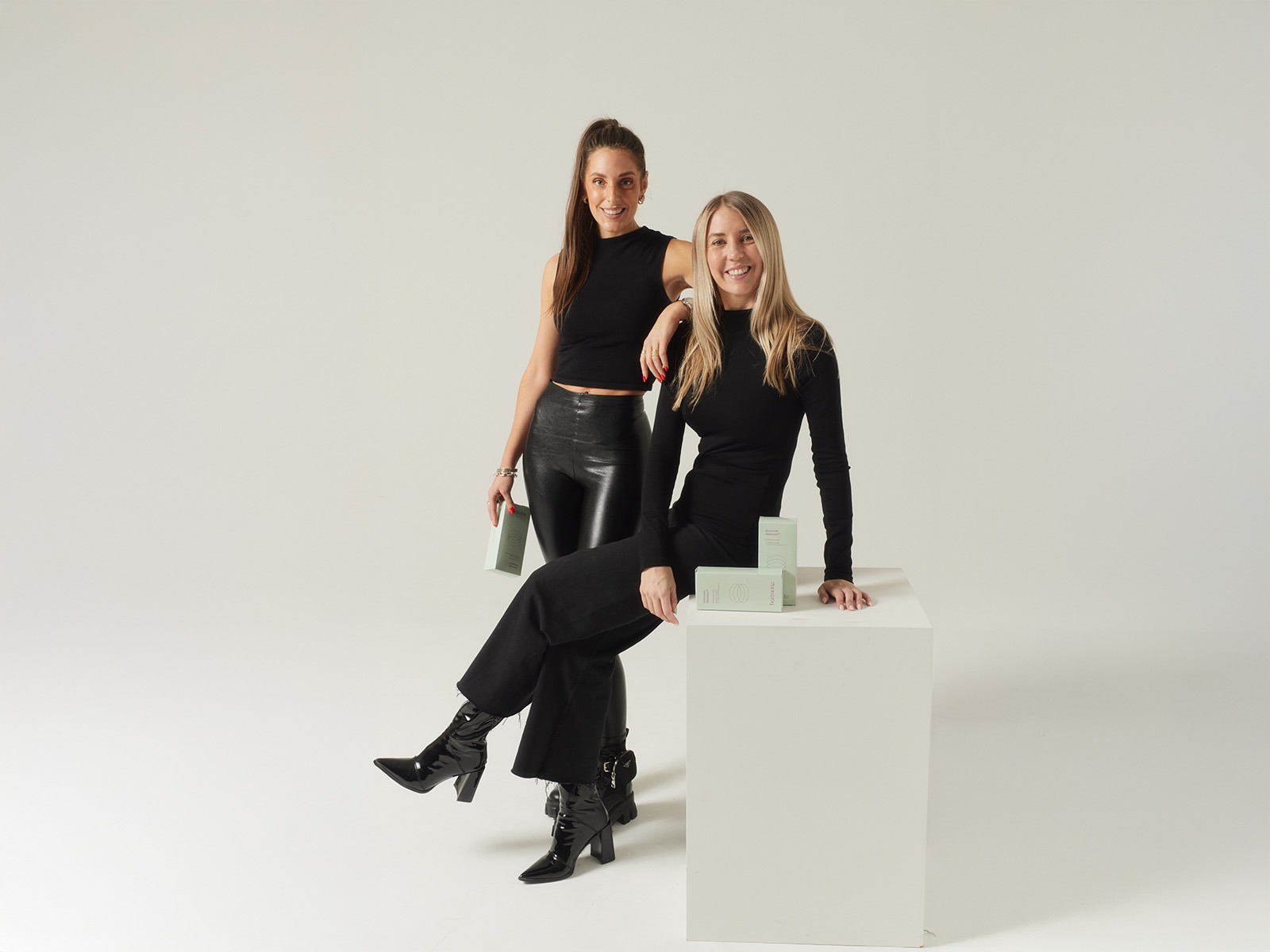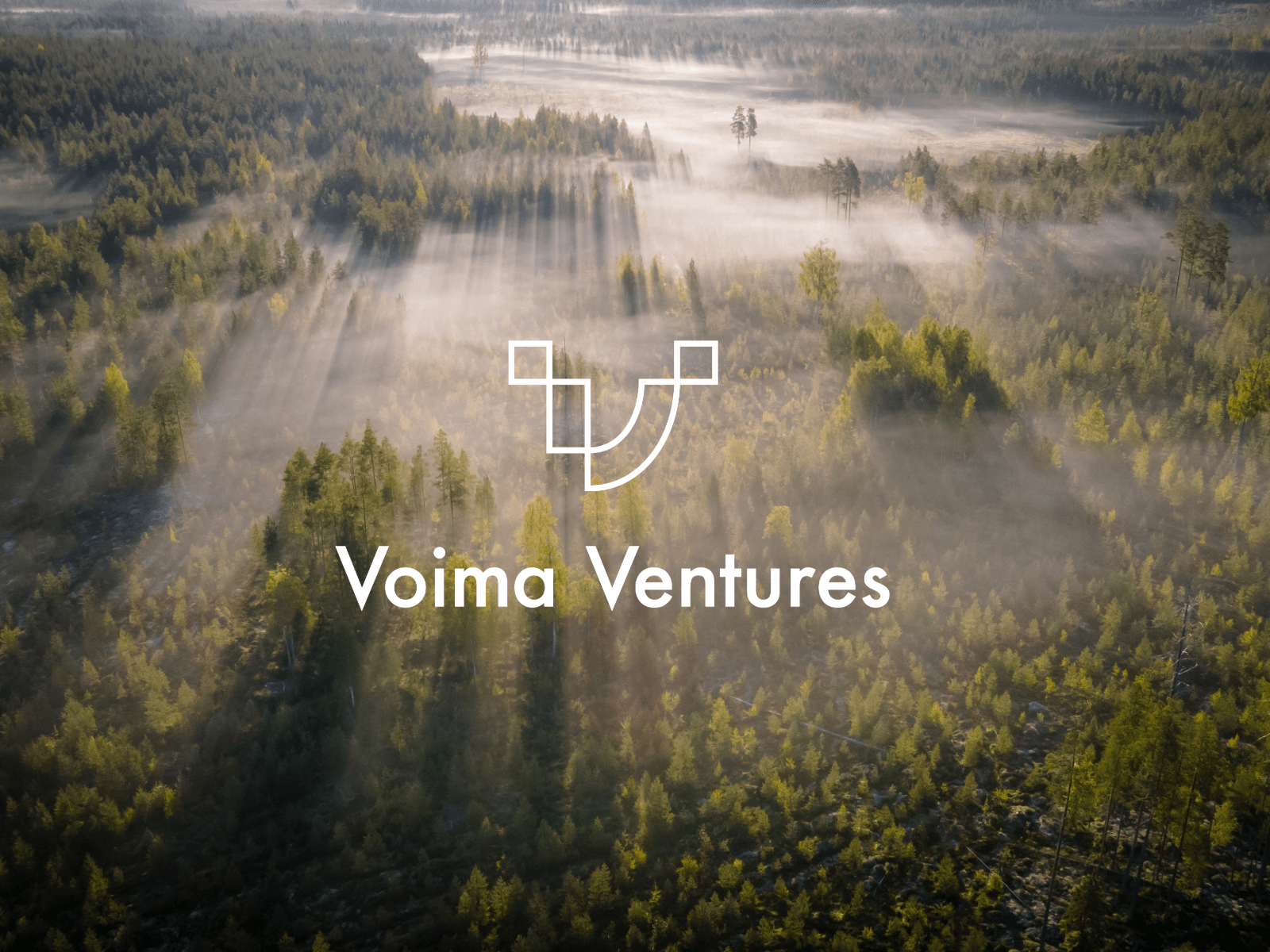I have roughly one year behind me with Voima Ventures. This year has brought me to manage the Food Tech and Agritech companies in our portfolio. I have the pleasure of sitting on the Board of Directors of such magnificent companies as Solar Foods, making a novel protein out of thin air, and Quanturi and Grainsense, making IoT -devices to enable more efficient farming. I’ve also been coaching startups at the EIT Food Accelerator Network’s Finnish batch and met great entrepreneurs with bold visions within the Food Tech space, to create a healthier and more sustainable future. Voima Ventures is also looking actively in the area for new investments, and I thought that I would share my thoughts on how I see the future of food.
Huge Challenges will Drive Innovation
Food security is defined by the United Nations Food and Agriculture Organization (FAO) in the following way: ‘Food security exists when all people, at all times, have physical, social and economic access to sufficient, safe and nutritious food that meets their dietary needs and food preferences for an active and healthy life.’ Today, the world is producing enough food to feed the planet. Population growth will, however, bring growth in the demand for food, while rising incomes have brought a growth in meat consumption, which in turn requires more arable land and other resources per capita.
However, growing demand is not the only problem we should be solving. The unfortunate truth is that agriculture is responsible for many ecological problems. These include huge CO2 emissions and a massive impact on nature’s possibility to bind those emissions. Moreover, nutrients and chemicals that aren’t bound to the fields but leak to other ecosystems are causing eutrophication and other unwanted side effects. While we need to enhance the agricultural output to feed the growing population, we need to do it while we reduce CO2 emissions and other ecological problems caused by agriculture. So, while there are many challenges already today that are resulting in that food security isn’t always achieved, many of these challenges will grow a lot more acute in the future.
The lifetime of our second fund should end in 2030, the same year that the UN Sustainable Development Goals (SDG) should be reached. That is why I see that our fund is perfectly positioned to champion these goals.
Achieve food security, improved nutrition and promote sustainable agriculture
Zero Hunger is the second SDG of the United Nations and one that I believe offers many progressive challenges that startups can tackle. To achieve food security, improved nutrition and a sustainable agriculture are important steps in achieving this goal. We have seen many startups that are working to bring new sources of protein to the market. There are also fantastic startups that are trying to improve the fertility of arable land. And, of course, new technological innovations are helping farmers use their land more efficiently and more sustainably.
For a food tech company to be sustainable, one needs to look at the entire business from a holistic standpoint, where both environmental and nutritional values are measured. If a startup is producing a novel food, what are the alternative uses of the ingredients, and is the novel food really the most sustainable way to use these ingredients? Food waste is a good example of a multifaceted problem that could offer many opportunities for making a sustainable business. We have seen many startups working to make better use of food waste, but have they really understood the ecological impact of the novel food and compared that to the ecological impact of alternative uses of these raw materials? Biofuels e.g. are certainly more ecological than fossil fuels, but in cases where the production of these biofuels require the use of arable land, are they a sustainable alternative? If the production of biofuels uses e.g. food waste, they certainly are sustainable. However, would it be even more sustainable to try and eliminate food waste in the first place? And if this is the case, how has the business plan taken into account the use of alternative raw materials?
This same holistic approach needs to be taken into consideration when assessing the sustainability of businesses that are making agriculture and food production more efficient. According to the FAO, arable land per capita shrunk by 40% between the early ‘60s and 1999. At the same time the ever more intensive use of land in production through multiple cropping, reduced fallow periods, excessive use of agrochemicals, spread of monocultures, etc. is perceived as leading to land degradation (soil erosion, etc.) and the undermining of its long-term productive potential. While we have already seen strong declines in arable land per capita that trend is estimated by FAO to continue. The preservation of arable land is therefore vital, and any sustainable startup that has a mission to make agriculture more efficient should also secure that the efficient use is done in a sustainable way.
When looking at Food Tech startups there are many different aspects and considerations that need to be done. For startups to have an impact on the future of food the entire footprint needs to be taken into account.
It’s the Story
What is the most important thing that a Food Tech startup needs, in order to become a successful company? I was asked this question by a product developer in one of the world’s largest feed producers. I have to admit that I answered incorrectly, but once he said the answer I couldn’t agree more. A good story is what every successful startup needs. In Food Tech that story needs to be both sustainable and healthy, but it also needs to be compatible with our preferences on taste and texture.
That is exactly what some of the most successful Food Tech startups have achieved. Take Impossible Foods and Beyond Meat as examples: they have a sustainable and vegetarian (healthier?) alternative that cater to western palates. Their story is not only about environmental footprint, but also about health, taste and a production process that follows the highest ethical standards. And money. Beyond Meat listed its stock on the Nasdaq stock exchange in 2019 at $25. Today it is hovering around $150 and it has bold plans of becoming a hugely profitable corporation. These are the cornerstones of a good startup story within the Food Tech space.
Unfortunately, I hear a lot of startup horror stories. Some engineers have found a new protein source and the pitch is all about the massive need for new protein sources to feed a growing population and stave off famine. Yes, the future has huge challenges, but personally I don’t believe that to be the story that sells. I don’t believe that it’s Food Tech startups that should directly work with preventing famine or other disasters, simply because I don’t believe or even think that there should be excessive margins in disaster relief. Therefore, I try to stay clear of these horror stories.
I also hear a lot of startup stories that are about charity. With this I’m referring to the entrepreneurs who have a great new product that has all the benefits and might even come in a sexy looking package. But the entrepreneurs have no idea on how to make it into a hugely profitable business. It might feel right to do all this good work for basically nothing, but in the end the real impact happens when you have a sustainable business model that helps you help others. I of course wonder why these founders telling charity stories ever wasted anyone’s time contemplating on a VC investment.
Then I also hear a lot of stories that sound more like science fiction than anything else, and it is perhaps within this category where most Food Tech startup pitches belong to. It is not enough to tell a story about future promises, you need to convince investors that your product will be as good as you say it will. And no, your word is not enough. A good Food Tech story has done the math. If the story is ecological, you have made the environmental analysis. If the story is about health, you can show the research that backs it up. As the startup story must be about money, you have the forecasted profitability at hand. And you can break it down so that I as an investor can understand how you have come to the conclusions that you have.
A good founder understands the difference between something that is unknown and something that is risky and can explain the risks that are involved. Startup investors can bear risk but wouldn’t want to bear too many unknowns. This is why a good startup story should sound inspirational, even magical – but it must be convincing, and it shouldn’t sound like science fiction.
So, there is my sweet spot when it comes to a great Food Tech startup story: sustainability, health, taste and profitability all backed by research and science to make it a believable one. Told by entrepreneurs who truly know their field, who can show that they are passionate about the goal that their startup has and are willing to work hard to reach the stars that they are aspiring for. If you have one of these stories to tell, please look me up. I’d love to hear it!
Written by Pontus Stråhlman
[1] http://www.fao.org/3/y4252e/y4252e06a.htm





